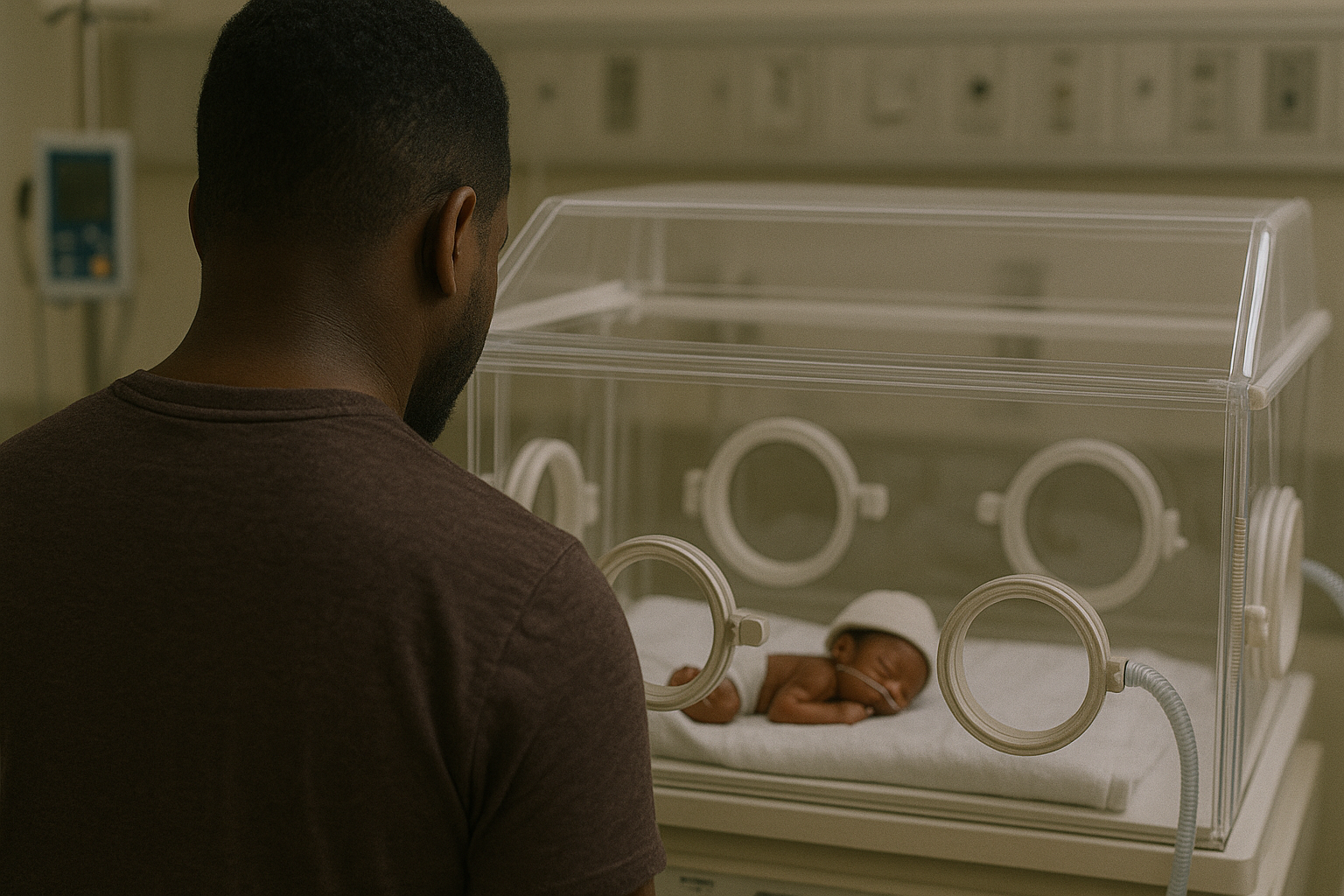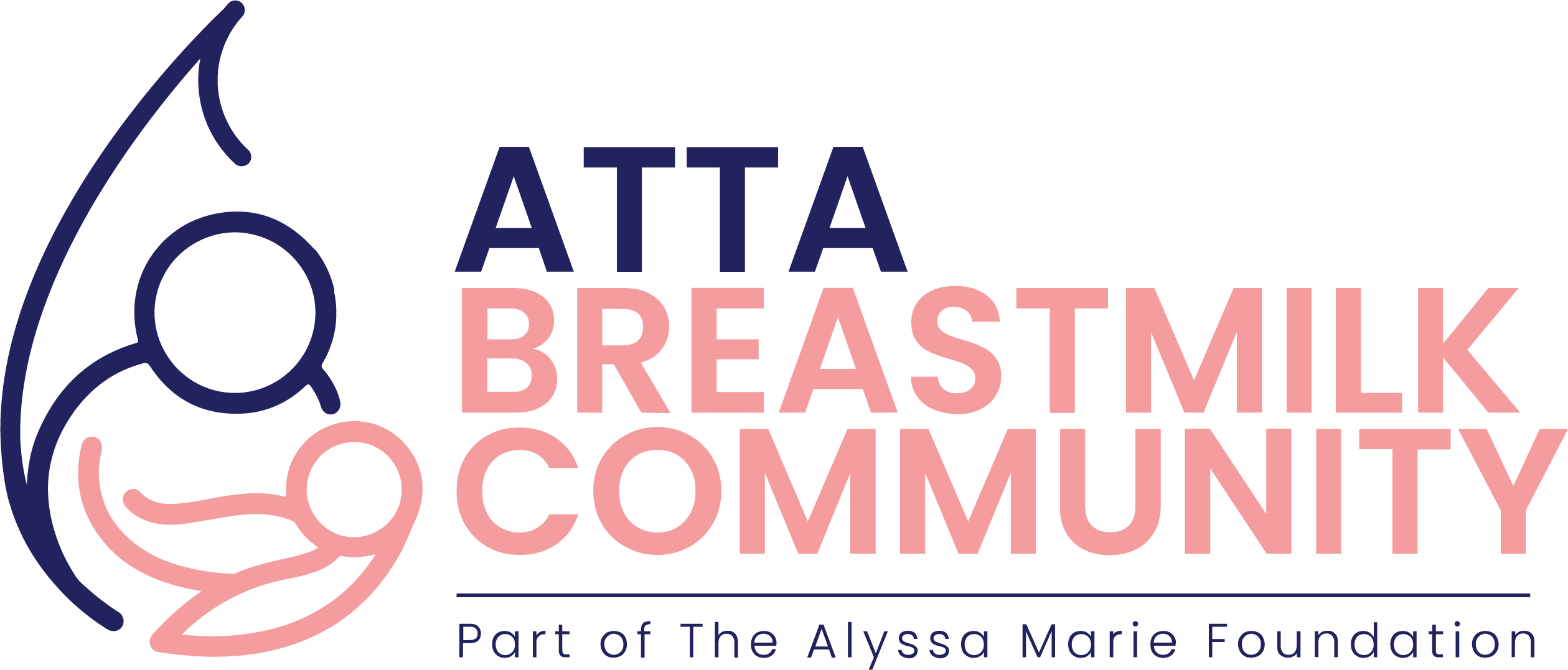
June is Men’s Mental Health Month — and at ATTA, we’re shining a light on the fathers who often stand quietly in the background of preterm birth stories.
When a baby is born too soon, the spotlight naturally falls on the mother and child. Both are vulnerable, both in need of immediate care. But quietly, in the background, is someone else navigating an equally intense — yet often invisible — journey: the father.
Just recently, during a hospital visit, we met a father who shared the unseen weight so many carry. His wife was rushed into early delivery at just 28 weeks due to liver failure. With her admitted to the ICU and their newborn taken to the NICU, he suddenly became the anchor holding everything together — coordinating care, fielding updates, managing home responsibilities, and making urgent medical decisions.
When the baby required breast milk and the mother was still unconscious, he was at a loss. It was only through a health worker’s recommendation that he learned about the ATTA Breastmilk Community.
I didn’t know where else to turn. My wife was fighting for her life, and my baby needed milk. When someone told me about the ATTA Breastmilk Community, I didn’t believe such kindness existed — but that milk helped save my child.
Thanks to the generosity of donor mothers, his child received the nutrition they urgently needed. Today, both mother and baby are on the road to recovery — a testament to community support in action.
He recalls, “I had never heard of such a thing. But in that moment, I was willing to try anything. That milk helped save my baby.”
We encounter fathers grappling with the emotional and logistical complexities of having a preterm baby, often with limited guidance or support. Some never spoke of their fears, worries, or emotional toll, even months after the baby came home.
Fathers are not secondary players, they are essential to family stability and child survival. However, health systems and policies often overlook their needs. There’s a cultural silence around men’s mental health, especially when it intersects with caregiving.

At ATTA Breastmilk Community, our work goes far beyond providing milk. We often meet fathers during our milk drop visits — fathers who are doing their best to hold things together while their baby fights to grow stronger. These moments open the door to honest conversations.
As a community, our role in supporting fathers is just as crucial as our support for mothers and their babies. Supporting preterm babies means supporting everyone who loves them. And that includes the fathers who stand strong — even when no one checks on them.
As we mark Men’s Mental Health Month, let’s commit to creating space for these fathers — to listen, to support, and to include them in every part of the neonatal journey. We believe no parent should be left to walk this path alone. If you’re a father in need of support, or a health worker, policymaker, or community member ready to make a difference, we invite you to join us. Let’s build a more compassionate, inclusive system — one that sees and supports every voice around the incubator.

A community of parents dedicated to making donated breastmilk equitably accessible to all newborn babies who need it to survive.
© 2023 All Rights Reserved.
Adding {{itemName}} to cart
Added {{itemName}} to cart